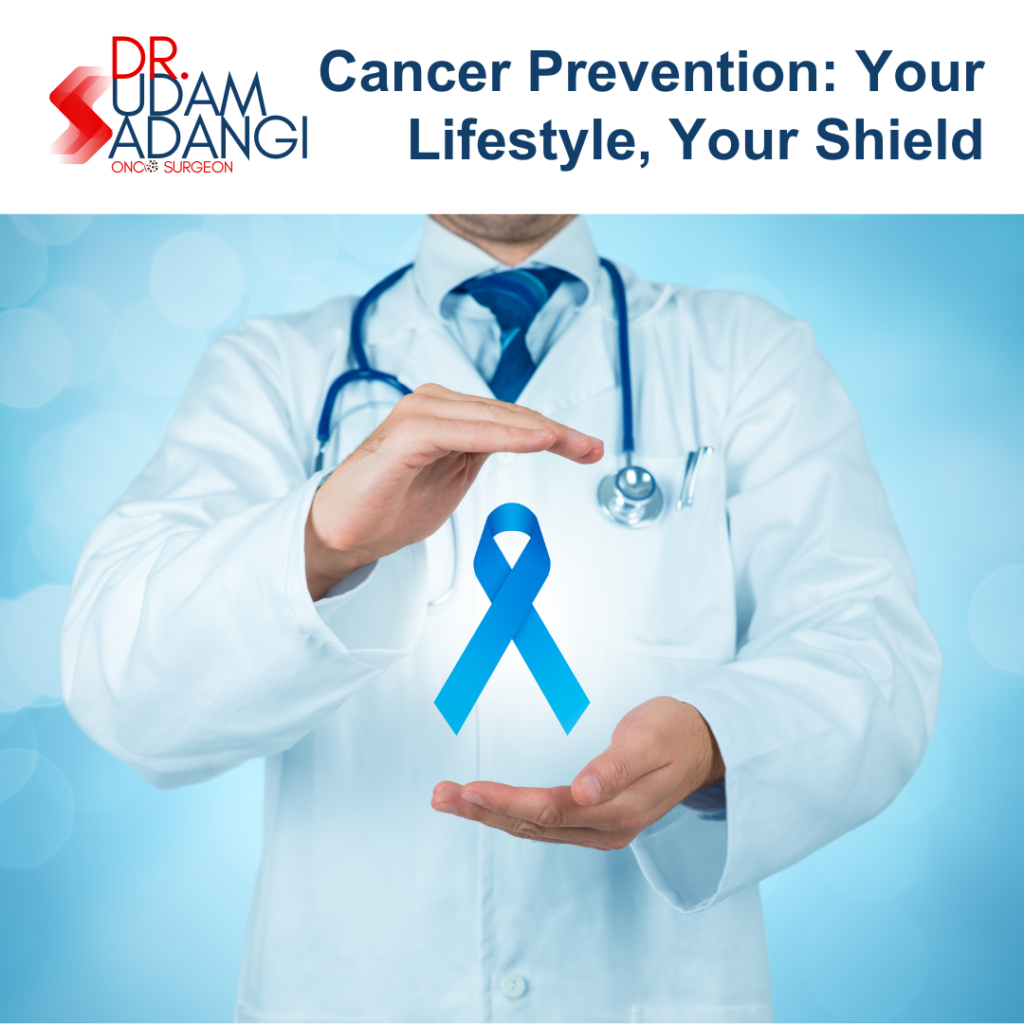Cancer is a complex disease with various contributing factors, but research consistently shows that our lifestyle choices can significantly influence our risk. By making conscious decisions about diet, exercise, stress management, and environmental exposures, we can empower ourselves to take an active role in cancer prevention.
Diet: Fueling Your Body for Health
What we eat plays a crucial role in our overall health, including our risk of developing cancer. A diet rich in fruits, vegetables, whole grains, and lean protein provides essential nutrients and antioxidants that protect our cells from damage.
- Increase:
- Colorful fruits and vegetables: Aim for at least five servings a day to get a variety of antioxidants.
- Fiber-rich foods: Whole grains, legumes, and nuts help with digestion and can lower colorectal cancer risk.
- Lean protein: Fish, poultry, beans, and tofu are healthy options.
- Decrease:
- Processed meats: Limit bacon, sausage, and deli meats, which are linked to increased cancer risk.
- Sugary drinks: Replace soda and juices with water or unsweetened tea.
- Refined grains: Choose whole-wheat bread and brown rice over white versions.
Exercise: Move More, Live Longer
Regular physical activity not only helps maintain a healthy weight but also reduces the risk of several cancers, including breast, colon, and endometrial.
- Aim for: At least 150 minutes of moderate-intensity or 75 minutes of vigorous-intensity exercise per week.
- Mix it up: Include a variety of activities like brisk walking, running, swimming, dancing, or strength training.
Stress Management: Find Your Inner Zen
Chronic stress weakens the immune system, making it less effective at fighting off cancer cells. Incorporating stress management techniques into your routine can make a big difference.
- Try Meditation, yoga, deep breathing exercises, spending time in nature, or engaging in hobbies you enjoy.
- Seek support: Talk to friends, family, or a therapist, or join a support group if stress feels overwhelming.
Environmental Factors: Be Aware and Minimize Risk
While some environmental exposures are unavoidable, we can minimize our risk by making informed choices.
- Limit exposure to:
- Tobacco smoke: This is the leading preventable cause of cancer. If you smoke, quitting is the most important step you can take to reduce your risk.
- Excessive sun exposure: Use sunscreen, wear protective clothing, and avoid tanning beds.
- Harmful chemicals: Be aware of the products you use at home and work, and choose safer alternatives whenever possible.
Remember: It’s never too late to make changes. Even small adjustments to your lifestyle can significantly impact your health and well-being. Consult with your doctor for personalized advice and support on your cancer prevention journey.
Hashtags: #CancerPrevention #HealthyLifestyle #DietAndCancer #ExerciseForHealth #StressManagement


